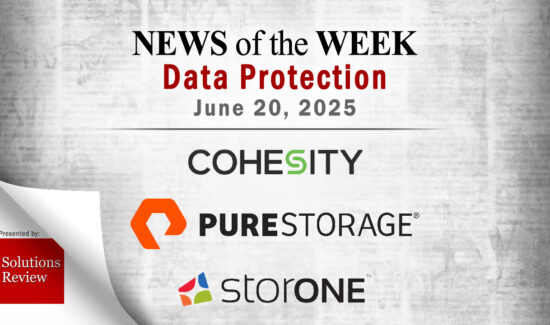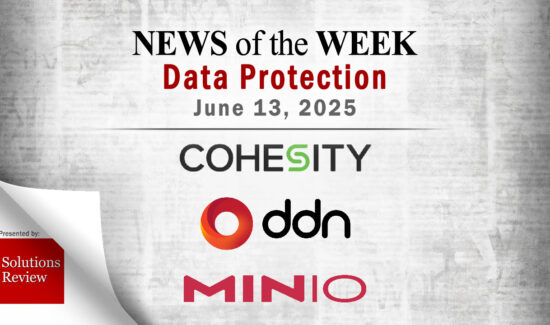Arcserve Announces Newest Version of Arcserve RHA

 Data protection solution provider, Arcserve, recently announced the newest version of Arcserve Replication and High Availability (RHA), which offers high availability along with automatic failover, and continuous data protection for Linux and Windows applications and systems on-prem, remote, and in the cloud. With this release, Arcserve RHA adds full system high availability for Linux, extends its full system support of Windows and Linux workloads to Azure, and offers a range of enhancements, including usability and performance improvements and new platform certifications.
Data protection solution provider, Arcserve, recently announced the newest version of Arcserve Replication and High Availability (RHA), which offers high availability along with automatic failover, and continuous data protection for Linux and Windows applications and systems on-prem, remote, and in the cloud. With this release, Arcserve RHA adds full system high availability for Linux, extends its full system support of Windows and Linux workloads to Azure, and offers a range of enhancements, including usability and performance improvements and new platform certifications.
In a press statement, CTO at Arcserve, Oussama El-Hilali said, “Arcserve RHA was developed to provide organizations with true, continuous application and system availability. There are vendors in the business continuity space that claim to offer high availability, but the technology just isn’t there. What they’re doing is providing snapshot-based backups, or replication with short RPOs. And many only support virtual machines so you’re stuck if you have critical physical on-premises systems that need to remain operational. Arcserve RHA, on the other hand, delivers availability for on-premises, remote, and cloud systems and applications; which are the foundation of most IT infrastructures.”
Key features of Arcserve RHA include:
- Full System High Availability for Windows and Linux: Arcserve RHA enables IT teams to maintain up-to-date replicas of mission-critical systems.
- Application High Availability: Users have the ability to keep applications available and accessible through real-time replication on physical servers, Hyper-V, VMware, Microsoft Azure, or Amazon EC2.
- Application-Aware Replication: Teams are able to manage the replication of data for Exchange, IIS, SQL, Oracle, SharePoint, Hyper-V, and custom applications in one program.
- Data Rewind: Arcserve RHA offers the ability to rollback applications to a point in time before a system crash, ransomware event, or data corruption.
- Encryption: IT teams can transfer data with AES-128, AES-256, or custom-level encryption between local and remote locations without the need for a VPN.
Andrew Smith, research manager on IDC’s Enterprise Infrastructure Practice, also added, “across many industries, large enterprises struggle to manage disparate replication tools that only work with specific applications or systems. This process can be extremely manual and inefficient. Arcserve has designed RHA to address this challenge, integrating with multiple applications, operating systems, and platforms. This has the potential to ease the burden and costs of managing siloed tools, and can also reduce the risk of downtime for companies that can’t afford any disruption to business continuity.”
To read Arcserve’s full press release, click here.





















